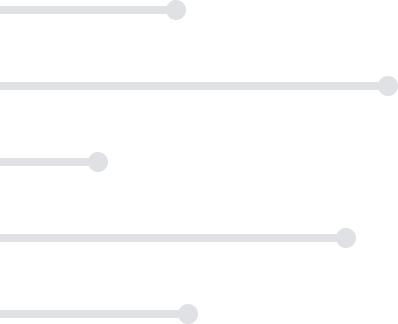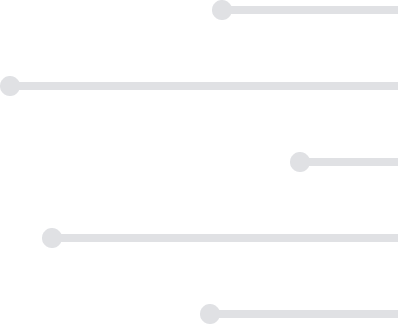
$79
Plus membership
3 Credits
All courses include:
eTextbooks
2 to 3-day turnaround for grading
Multiple chances to improve your grade
On-demand tutoring & writing center
Student support 7 days a week
$79
Plus membership
3 Credits
All courses include:
eTextbooks
2 to 3-day turnaround for grading
Multiple chances to improve your grade
On-demand tutoring & writing center
Student support 7 days a week
Early Childhood Development
$79
Plus membership
3 Credits
About This Course
ACE Approved 2023
In our Early Childhood Development course, take a deep dive to investigate what childhood development is and how the biological, cognitive, and socioemotional changes that humans undergo begins at conception and continues throughout their lives.
What You'll Learn
Discuss the development of the brain and compare the cognitive developmental theories and identify the key features of language and the typical growth of the child’s language.
Describe socioemotional development and discuss how the social contexts of families, peers, and schools are linked with young children’s socioemotional development.
Define learning, and compare classical conditioning and operant conditioning and apply behavior analysis to early childhood education.
Characterize attention and summarize how it changes during development, and discuss memory in terms of encoding, storage, and retrieval.
Explain the social constructivist approach and how teachers and peers can jointly contribute to young children’s learning through the structuring of small-group work.
Explain how reading and writing develops and discuss some useful approaches to teaching reading and writing, and characterize how mathematical thinking develops and identify some issues related to teaching mathematics to young children.
Identify important forms of teacher-centered instruction with the important forms of learner-centered instruction and summarize how to effectively use technology to help children learn.
Discuss the important processes in motivation to achieve, and explain how relationships and sociocultural contexts can support or undercut motivation


Your Life, Your Schedule, Your Education
Transfer into over 3000+ institutions that accept ACE courses or transfer directly into 180+ partner schools.
REQUEST INFORMATION
In this course, you will engage in activities designed to help you understand the different learning theories and theorists, and how those theories inform developmentally appropriate teaching and learning practices.
There are no prerequisites to take Early Childhood Development.
| Topic | Subtopics |
|---|---|
| Child Development |
|
| Cognition - Part 1 |
|
| Cognition - Part 2 |
|
| Teaching and Learning |
|
Your score provides a percentage score and letter grade for each course. A passing percentage is 70% or higher.
Assignments for this course include:
- 6 Graded Exams
- 1 Graded Midterm
- 1 Graded Final
The required eTextbook for this course is included with your course purchase at no additional cost.
Santrock, J. W. (2021). Educational psychology (7th edition). McGraw-Hill.
Early Childhood Development students also take:
Helpful resources:







